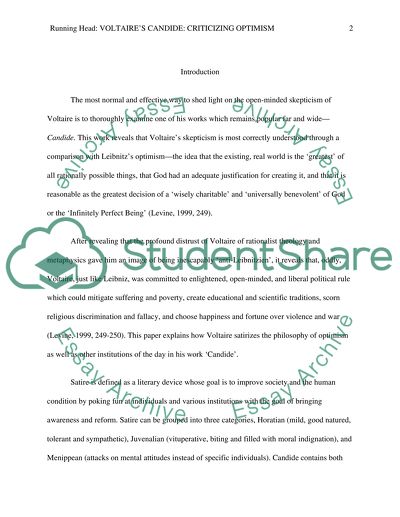Cite this document
(“Satire in Candide Term Paper Example | Topics and Well Written Essays - 3000 words”, n.d.)
Retrieved from https://studentshare.org/history/1629187-satire-in-candide
Retrieved from https://studentshare.org/history/1629187-satire-in-candide
(Satire in Candide Term Paper Example | Topics and Well Written Essays - 3000 Words)
https://studentshare.org/history/1629187-satire-in-candide.
https://studentshare.org/history/1629187-satire-in-candide.
“Satire in Candide Term Paper Example | Topics and Well Written Essays - 3000 Words”, n.d. https://studentshare.org/history/1629187-satire-in-candide.


